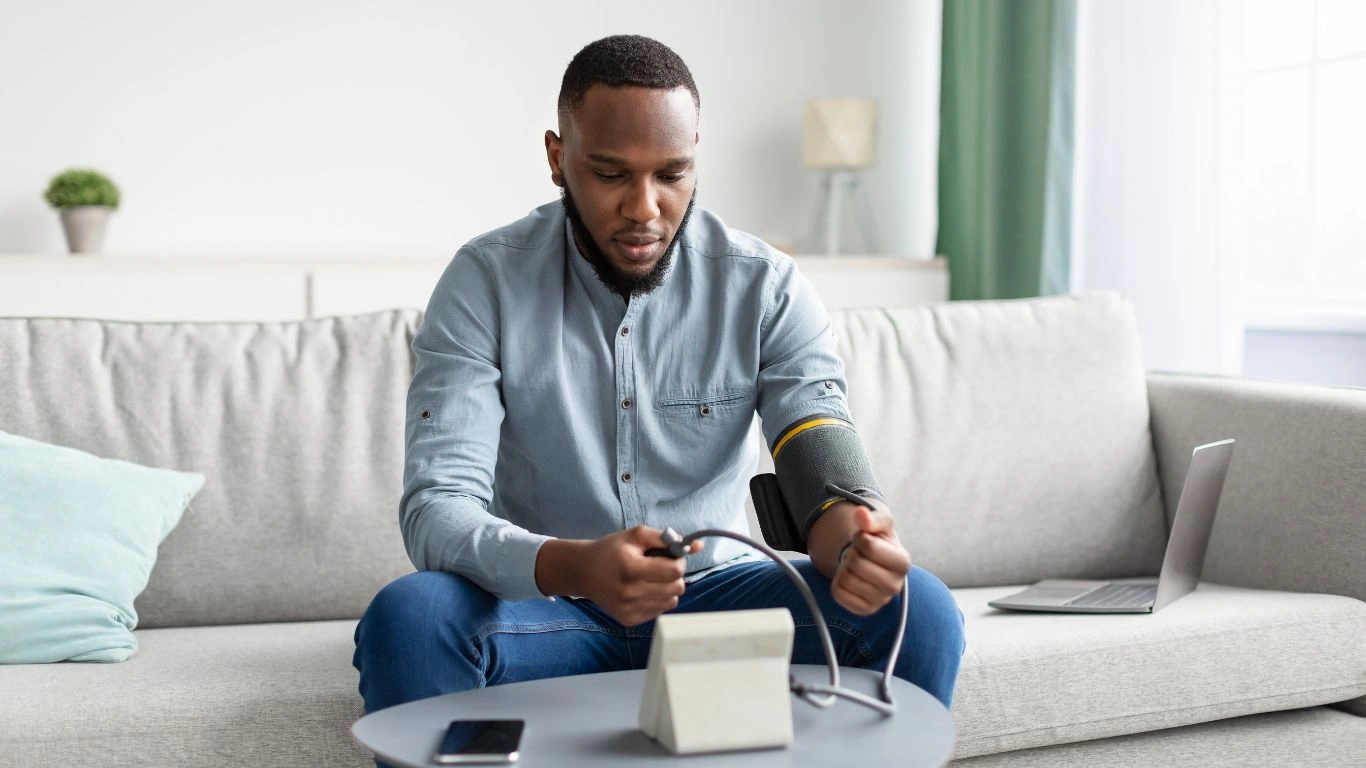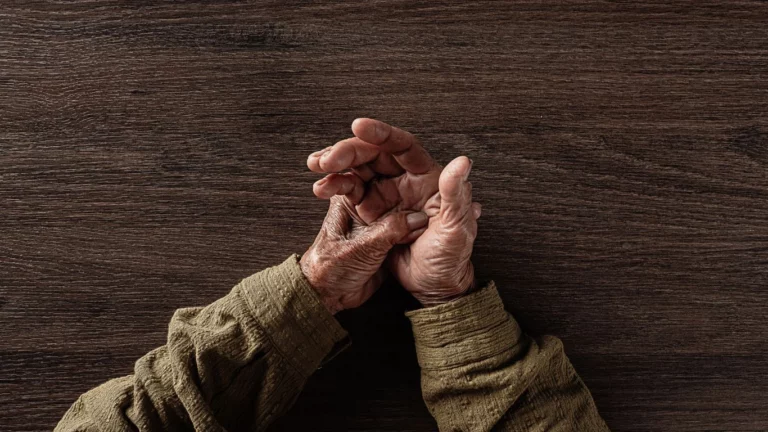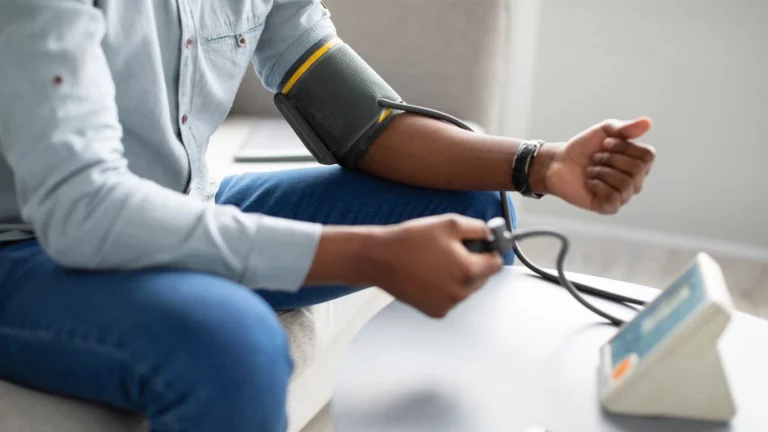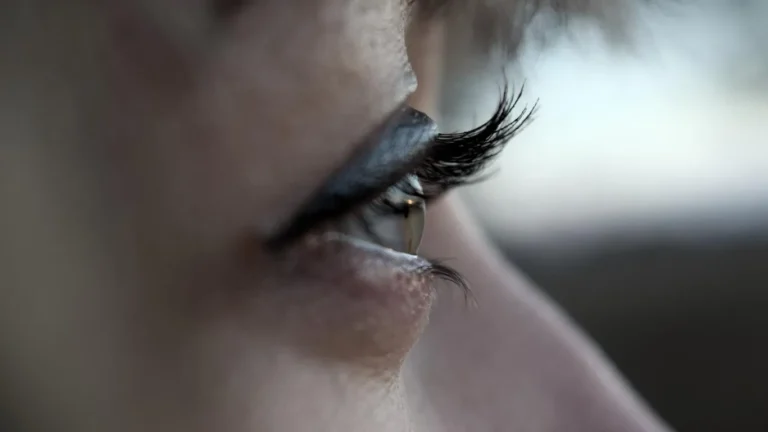Shocking Link: Can Lack of Sleep Cause Hypertension and Heart Risks?
If you’ve ever had a few nights of bad sleep and noticed your blood pressure reading creeping up during a routine checkup, you’re not imagining things. Can lack of sleep cause hypertension? Absolutely—and it’s something I see all the time in my internal medicine practice. I’ve worked with countless patients who were doing “all the right things”—eating better, taking their meds, even walking daily—but still couldn’t get their numbers down. And more often than not, once we dug a little deeper, poor sleep hygiene was the missing link.
Understanding the Link Between Sleep and Blood Pressure
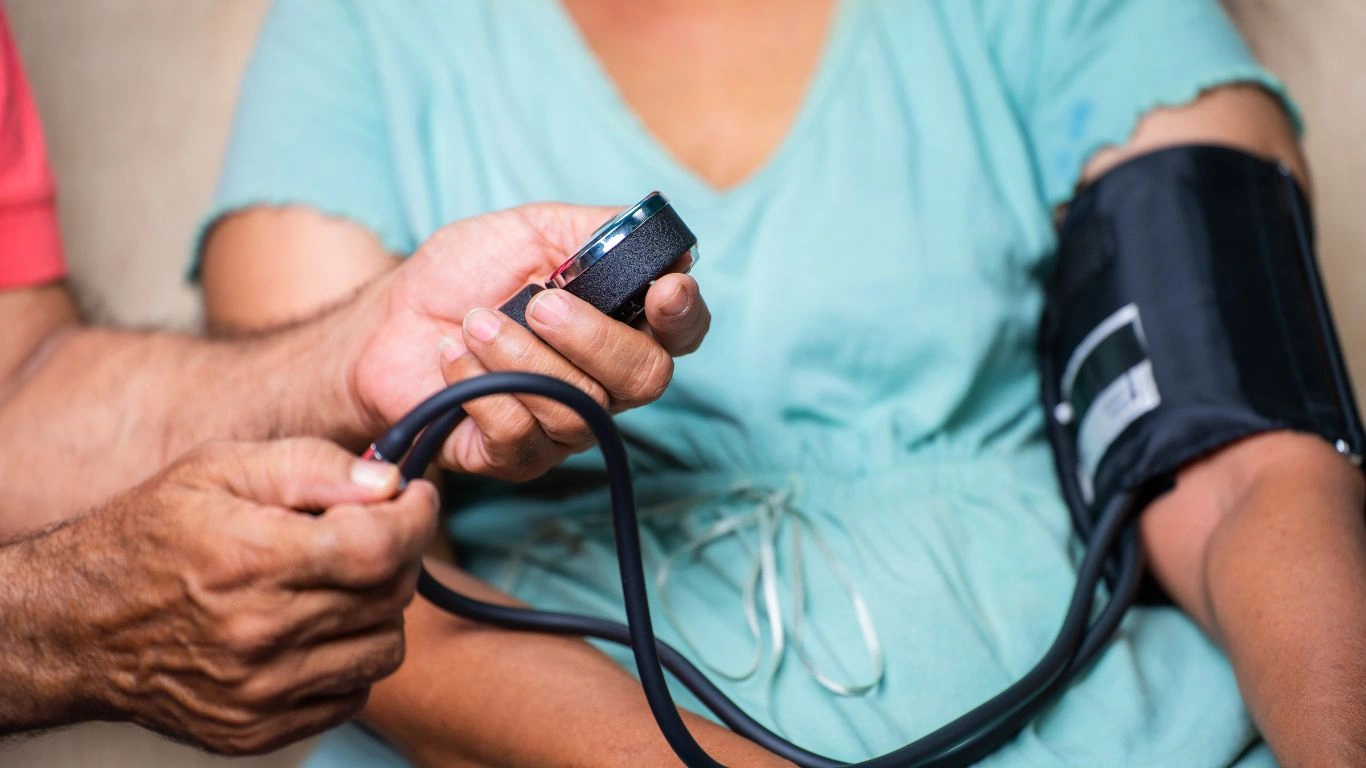
Let’s start by breaking this down. When we sleep, our body goes into a restorative mode. Heart rate slows, blood pressure dips, stress hormones reset. It’s basically the nightly reboot our cardiovascular system needs to function properly. So what happens when that process gets interrupted or shortened? You guessed it—things start to go sideways.
Sleep Deprivation and Sympathetic Overdrive
This one’s a biggie. When we’re short on sleep, our body activates the sympathetic nervous system—our fight-or-flight mechanism. It’s like the body saying, “Uh-oh, we’re under stress.” That means more cortisol, more adrenaline, and yep, more vasoconstriction. Blood vessels narrow, and blood pressure climbs. Over time, chronic lack of sleep keeps the body in this elevated stress state, and that’s where hypertension starts to settle in as the new norm.
Disrupted Circadian Rhythms and Blood Pressure Regulation
Our bodies love rhythm—especially the circadian kind. Blood pressure typically follows a daily cycle, dipping during restful sleep and rising upon waking. But if you’re tossing and turning at 3 a.m. or staying up scrolling through your phone until 2 a.m., that rhythm gets completely thrown off. Your blood pressure might not dip like it’s supposed to (what we call “non-dipping hypertension”), and that’s a big red flag for cardiovascular risk.
Why I Ask Every Patient About Their Sleep

In my clinic, I’ve learned never to underestimate the power of a good night’s sleep. I’ll never forget one patient—we’ll call her Michelle—who came to me with persistent stage 1 hypertension. She was a school teacher, early 40s, active lifestyle, no major risk factors. But her blood pressure just wouldn’t budge, even on low-dose meds. Eventually, after some deeper probing, she admitted she was only sleeping about 4-5 hours a night because of work stress and late-night grading.
Once we addressed her sleep—set a wind-down routine, added a magnesium supplement, and got her to respect bedtime like it was an appointment—her readings began to stabilize within weeks. It was like night and day. Literally.
Can Lack of Sleep Cause Hypertension? The Science Says Yes
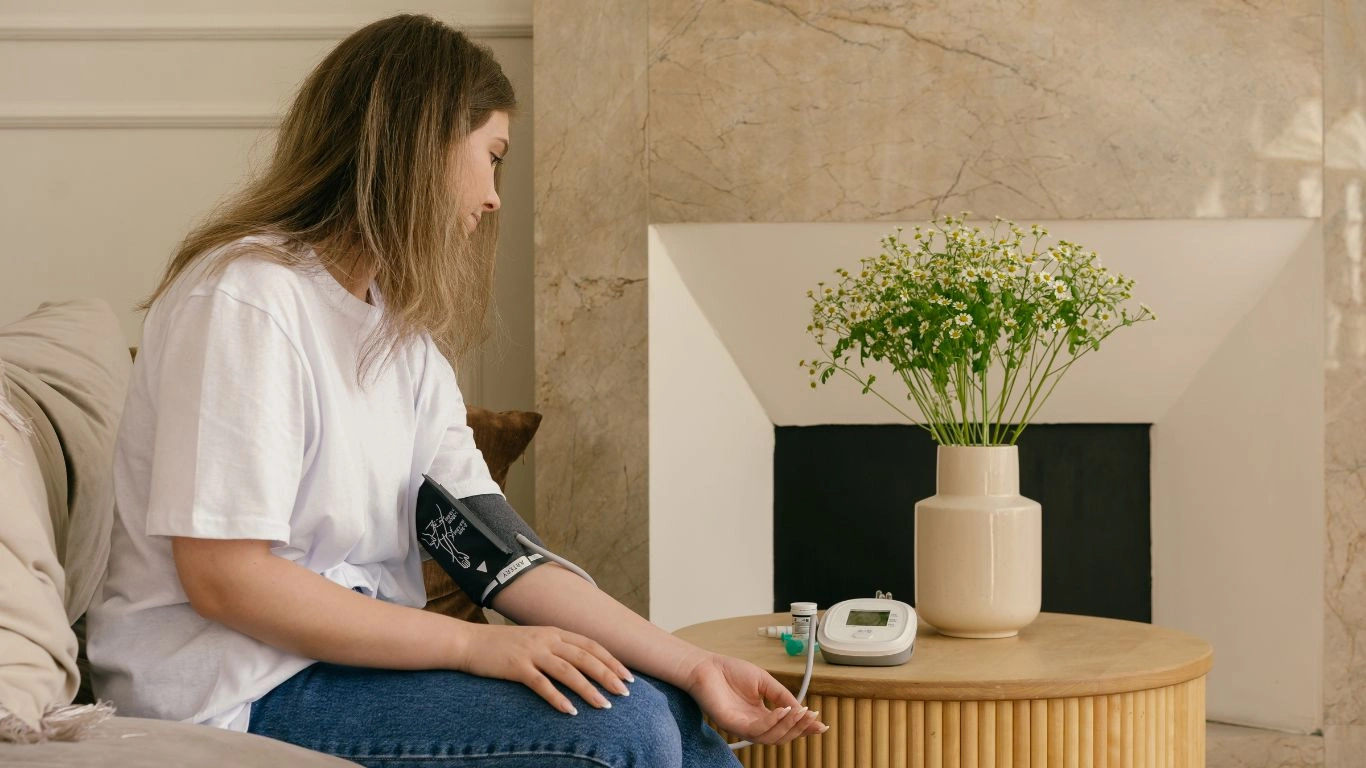
This isn’t just anecdotal. Research backs it up. A study published in the Journal of the American Heart Association found that adults who slept fewer than six hours per night were significantly more likely to develop high blood pressure over time. And it’s not just about how long you sleep—quality matters too. Fragmented sleep, sleep apnea, frequent awakenings—they all disrupt your cardiovascular system’s ability to reset.
How Poor Sleep Affects Blood Pressure Regulation Mechanisms
- Increased cortisol production: Elevates stress and promotes sodium retention.
- Impaired endothelial function: Blood vessels become less responsive and more rigid.
- Reduced nitric oxide availability: Makes it harder for vessels to dilate properly.
- Chronic inflammation: Leads to arterial stiffness and long-term pressure buildup.
When you piece all of this together, the answer to “Can lack of sleep cause hypertension?” becomes painfully clear. Yes. A hundred times yes.
What the Guidelines Say (and What They Don’t Emphasize Enough)
Interestingly, most clinical guidelines do mention sleep, but it often gets buried under diet and exercise recommendations. Yet, in practice, I find that sleep can be a true linchpin. When sleep improves, so does blood pressure control, medication adherence, mood, even dietary choices. It’s all connected.
How Many Hours of Sleep Do You Really Need?
Great question—and no, it’s not the same for everyone. But most adults need between 7 to 9 hours of sleep per night for optimal health. Not just any sleep, though. We’re talking about deep, uninterrupted, high-quality sleep. The kind where you wake up feeling refreshed—not more tired than when you went to bed.
- Track your sleep patterns with a wearable or app.
- Aim for a consistent bedtime—even on weekends.
- Create a calming pre-bed ritual (no, doomscrolling doesn’t count).
- Cut back on caffeine after noon and heavy meals late at night.
These small changes can make a world of difference—and often do, once people actually commit to prioritizing sleep.
Sleep Disorders That Can Worsen Hypertension

Here’s the thing—not all poor sleep is created equal. Some folks just stay up too late binge-watching shows or scrolling social media. Others genuinely can’t sleep, even when they want to. That’s where sleep disorders come into play, and honestly, I see this more than you’d think in my hypertension clinic.
Let’s break down a few major ones that frequently fly under the radar:
1. Obstructive Sleep Apnea (OSA)
OSA is the heavyweight champion of sleep-related hypertension culprits. It’s shockingly underdiagnosed, and I’ve lost count of how many patients came in with stubborn high blood pressure, only for us to discover it was untreated sleep apnea all along. Basically, your airway collapses during sleep, causing repeated drops in oxygen. The body panics—wakes up slightly each time—and releases a surge of stress hormones. This rollercoaster happens hundreds of times a night. Over time? Boom. Chronic hypertension.
2. Insomnia and Anxiety-Based Sleep Disruption
Then we’ve got the folks who just can’t “turn off” at night. Racing thoughts, anxiety, stress—it’s all linked. I had one patient who ran a small business and couldn’t fall asleep before 2 a.m., no matter how exhausted she felt. Her blood pressure was climbing steadily, and she swore it was hereditary. After some sleep-focused cognitive behavioral therapy (CBT-I) and lifestyle tweaks, she got back into a healthy rhythm—and her BP responded beautifully.
3. Restless Legs Syndrome (RLS)
RLS can also sabotage restful sleep. Constant fidgeting or the urge to move your legs, especially at night, leads to fragmented sleep and—you guessed it—another indirect route to higher blood pressure.
Chronic Sleep Deprivation and Long-Term Cardiovascular Risk

One of the scariest things about the sleep-hypertension connection is how subtle it can be. People don’t usually notice the impact right away. Unlike chest pain or shortness of breath, bad sleep creeps up slowly. It’s silent, and that’s what makes it dangerous.
There’s mounting evidence linking chronic sleep deprivation with not just high blood pressure, but also increased risk for:
- Heart attacks
- Strokes
- Arrhythmias (irregular heartbeats)
- Type 2 diabetes and metabolic syndrome
When you think about it, can lack of sleep cause hypertension? That’s just scratching the surface. It’s really about the domino effect. One thing leads to another, and before you know it, you’re in a full-blown cardiometabolic storm.
Why Blood Pressure Medication Isn’t Always Enough
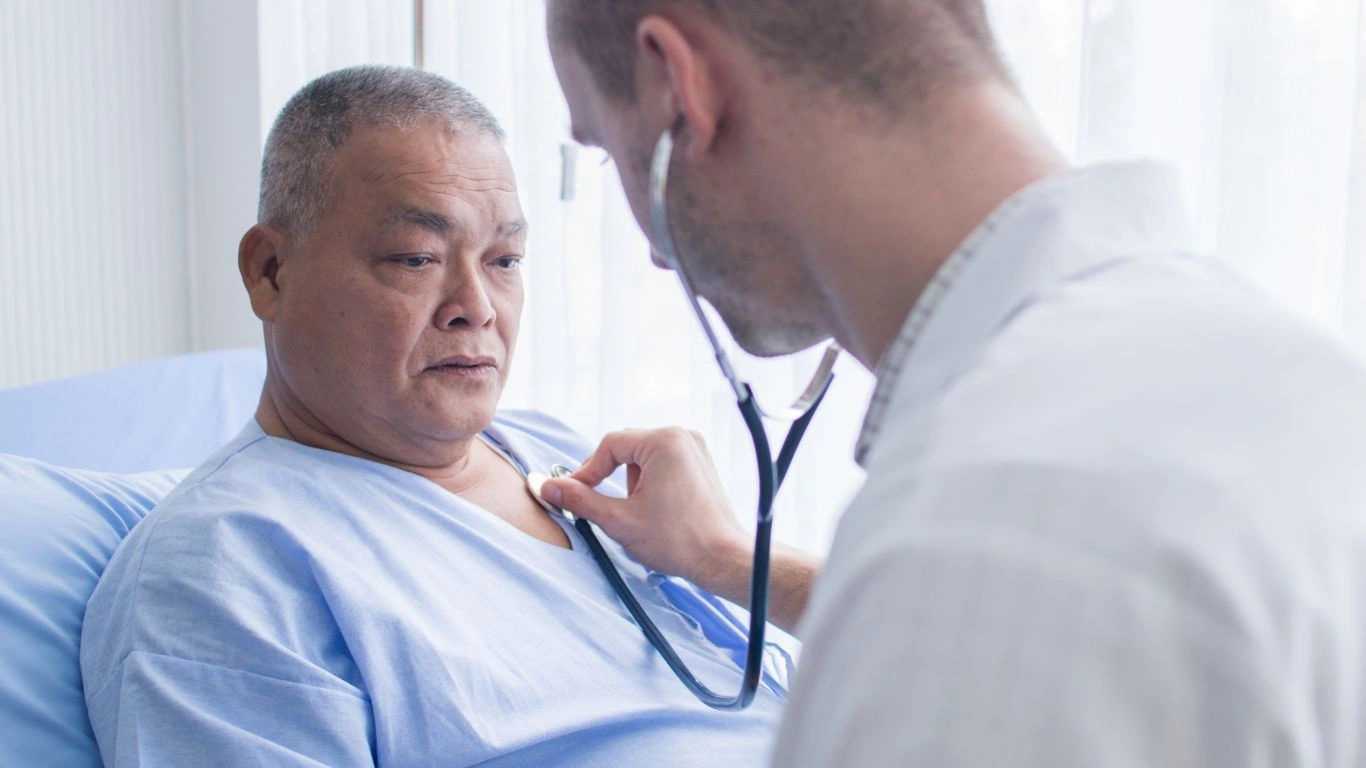
Here’s a little reality check I often share with patients: medications are powerful, but they’re not magic. I’ve seen plenty of people max out on two or even three antihypertensive drugs—and still have elevated readings—because no one asked about their sleep. That’s why comprehensive care matters. Addressing lifestyle, diet, stress, and yes—sleep—has to be part of the plan.
And honestly, once patients get this, they feel empowered. They stop seeing high blood pressure as something that’s happening to them and start realizing they can take control. It’s a shift in mindset. And that often starts with the simplest step: fixing your sleep habits.
Signs You Might Be Sleeping Poorly (Even If You Don’t Realize It)
Not all bad sleep looks like full-blown insomnia. Sometimes it’s sneaky. Here are a few red flags I ask about during appointments:
- You wake up more tired than when you went to bed.
- You hit snooze 4 times and still drag through your morning.
- Your partner says you snore or stop breathing in your sleep.
- You fall asleep the moment your head hits the pillow (this can actually signal sleep deprivation).
- You rely on caffeine to “function” before noon.
If that sounds familiar, it might be time to take your sleep more seriously—especially if your blood pressure’s been a little too high for comfort.
How to Prioritize Sleep Without Turning Your Life Upside Down
I get it. Life is hectic. Work, kids, stress, the occasional Netflix binge—it all adds up. But making even small shifts toward better sleep hygiene can have a massive impact on blood pressure and overall health. Here are some realistic strategies I recommend to my patients:
- Stick to a consistent sleep schedule, even on weekends.
- Create a relaxing wind-down routine—think dim lighting, soft music, a warm shower.
- Keep your bedroom cool, dark, and quiet. Eye masks and white noise machines can help.
- Cut off screens an hour before bed. Blue light messes with melatonin, your sleep hormone.
- Limit alcohol and heavy meals late at night. Both can disrupt your sleep cycles.
- Try a sleep journal to track patterns, triggers, and progress.
Even committing to just one or two of these changes can start to shift things in the right direction. I’ve had patients who were shocked at how quickly their numbers dropped after just 10 days of prioritizing sleep. It’s not always a long, drawn-out process. Sometimes, the body just needs the chance to heal.
How I Help Patients Address Sleep to Improve Blood Pressure

Let me be real for a second—I wish more medical training emphasized sleep as a foundational part of blood pressure management. In my experience, when I help patients improve sleep, we often see better results than when we just increase dosages. And honestly, patients feel more empowered when they realize they can take charge of their health without just adding another pill.
My approach isn’t one-size-fits-all. Here’s what I typically look at during a consult:
- Sleep environment: Is the bedroom optimized for rest?
- Sleep schedule: Are bed and wake times consistent?
- Stress levels: Is the patient lying awake ruminating at night?
- Potential sleep disorders: Snoring, apnea, or frequent awakenings?
- Substance habits: Caffeine, alcohol, or smoking close to bedtime?
We then create a customized plan, which might include a referral for a sleep study, melatonin timing guidance, relaxation techniques, or even light therapy if circadian rhythm issues are at play. Every patient’s sleep story is unique—and it deserves to be treated that way.
Using Wearables and Tech to Track Sleep & Blood Pressure
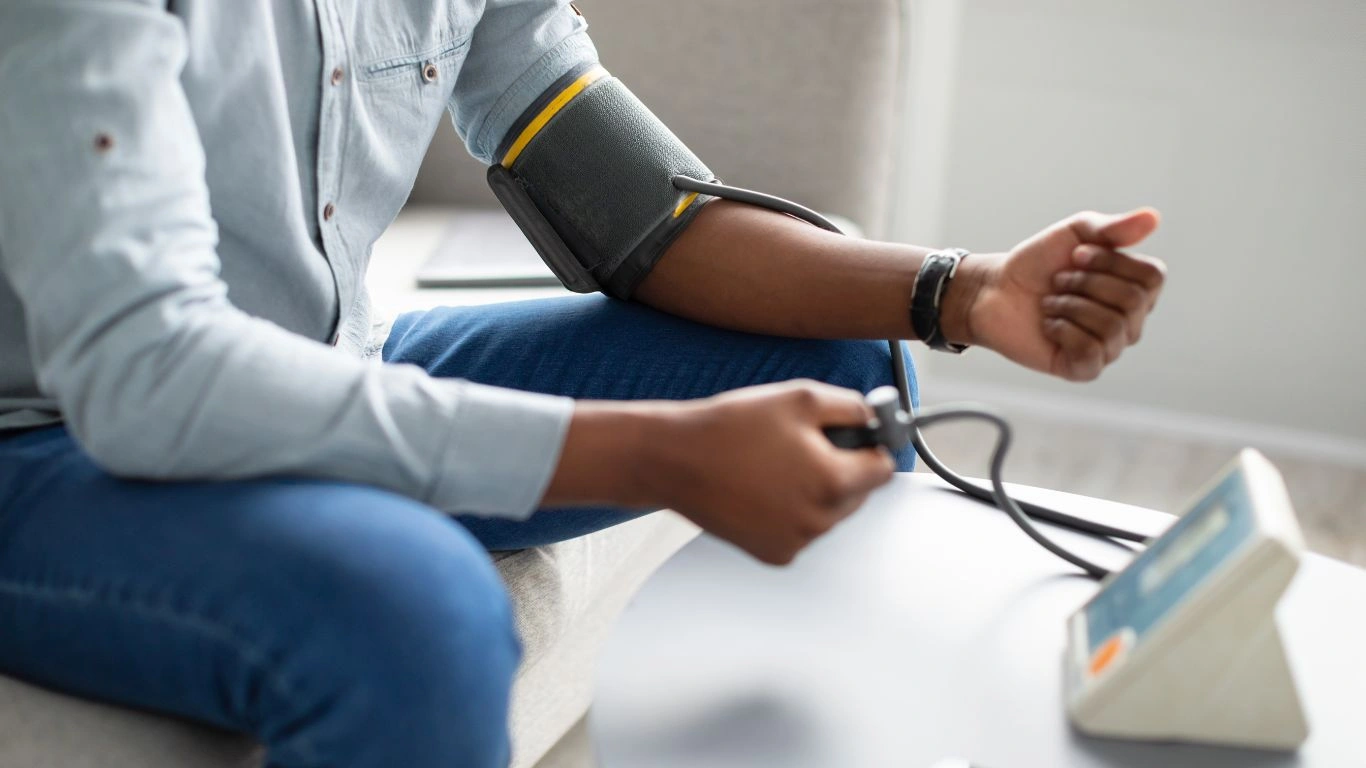
Technology isn’t everything, but it sure helps. I often suggest my patients use wearables—like smartwatches or sleep trackers—to start becoming more aware of their patterns. A lot of people think they’re getting enough sleep, but once they see that they’re only getting 5 hours of actual rest due to frequent wake-ups, it’s a big wake-up call (pun intended).
Tracking blood pressure alongside sleep data can be especially eye-opening. I’ve had patients keep a log for two weeks and notice clear spikes after poor sleep nights. That’s incredibly motivating—suddenly, sleep isn’t just a wellness goal; it becomes a medical intervention.
Recommended Tools
- Sleep trackers: Oura Ring, Fitbit, Apple Watch
- Home BP monitors: Omron, Withings, or any device with clinical validation
- Apps: Sleep Cycle, CBT-i Coach (developed by VA/DoD), Headspace (for wind-down routines)
These tools aren’t perfect, but they open up helpful conversations and keep patients more engaged. And when people are engaged, outcomes improve. It’s that simple.
Frequently Asked Questions About Sleep and Hypertension
Q: Can lack of sleep cause hypertension permanently?
A: If sleep deprivation is chronic, yes—it can lead to sustained high blood pressure. But the silver lining? With consistent, restorative sleep, you can often reverse or at least significantly improve hypertension.
Q: What’s more important—sleep quantity or quality?
A: Both matter, but quality might edge out just slightly. Six hours of deep, uninterrupted sleep can be more restorative than eight hours of tossing and turning. Ideally, you want both—enough duration and solid sleep cycles.
Q: How soon after improving sleep can I see my blood pressure drop?
A: Some patients see results within 7–10 days, especially if they were running on severe sleep deficits. Others might take a few weeks. But even short-term improvements have a cumulative benefit.
Q: Should I take sleep medication to help lower my blood pressure?
A: That depends. For short-term use or specific cases, certain medications or supplements like melatonin can help—but they should never be your first-line solution. Long-term sleep health comes from building sustainable habits, not relying on pills.
When to Talk to Your Doctor About Sleep and Blood Pressure
If you’ve been managing your diet, exercising, taking your meds, and your blood pressure still isn’t where it should be—please don’t overlook sleep. Bring it up with your doctor. Ask about doing a sleep assessment or a referral to a sleep specialist.
I’ve seen patients waste years chasing tweaks in medication when the root issue was right there in their sleep patterns. Don’t wait. The earlier you address it, the better your long-term outcomes.
And if you feel like your doctor is brushing off your sleep concerns—advocate for yourself. You know your body better than anyone.
Final Thoughts: It’s Time to Prioritize Sleep Like a Vital Sign
We check blood pressure. We check cholesterol. But how often do we ask, “How’s your sleep?” In my world, it’s a must-have question. Sleep isn’t optional recovery time—it’s one of the most powerful tools we have for managing and preventing high blood pressure.
So yes, to answer the question one more time loud and clear—can lack of sleep cause hypertension? Absolutely. But the good news is: it’s a fixable risk factor. Start small. Be consistent. And know that with better sleep, you’re not just lowering your blood pressure—you’re protecting your heart, your brain, and your overall health.
References
- National Institutes of Health
- Health.com
- Sleep Foundation
- Centers for Disease Control and Prevention
- American Heart Association
Disclaimer
This article is intended for informational purposes only and does not constitute medical advice. Always consult your physician or a qualified healthcare provider before making changes to your health regimen or if you suspect a sleep disorder or have uncontrolled hypertension.

Dr. Gwenna Aazee is a board-certified Internal Medicine Physician with a special focus on hypertension management, chronic disease prevention, and patient education. With years of experience in both clinical practice and medical writing, she’s passionate about turning evidence-based medicine into accessible, actionable advice. Through her work at Healthusias.com, Dr. Aazee empowers readers to take charge of their health with confidence and clarity. Off the clock, she enjoys deep dives into nutrition research, long walks with her rescue pup, and simplifying medical jargon one article at a time.

